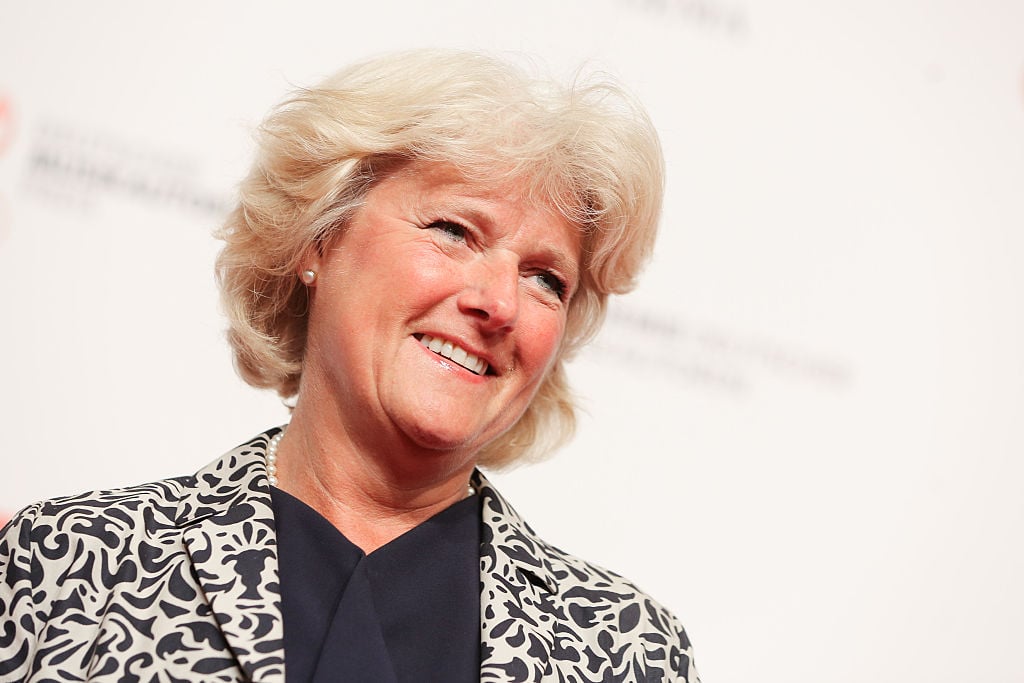Politics
Germany Proposes New Fund to Acquire Nationally Significant Art
Is government acquisition the answer to stopping cultural drain?
Is government acquisition the answer to stopping cultural drain?
Henri Neuendorf

German culture minister Monika Grütters has outlined plans for the creation of a national multimillion Euro fund for the acquisition of culturally significant artworks.
The minister unveiled the plans after Germany passed its highly controversial cultural heritage protection legislation amid fierce protests by key players in the country’s art scene.
According to Monopol, Grütters suggested that the fund would acquire culturally significant artworks from collectors that want to sell their works abroad, and would not be exclusively state funded but should also be supported by the private sector.
“The German economy is also a large and important part of the social fabric should be involved in it,” Grütters told the German press agency DPA. “I could imagine that the federal government, for example, starts a foundation financed with €20 million. The economy could then replenish the spent money with contributions from the private sector.”

German Culture Minister Monika Grütters. Courtesy of Christian Marquardt/Getty Images.
Under these plans, the acquisition process would be managed by the Cultural Foundation of States, which already operates an acquisition policy following similar principles. She emphasized that the foundation has a proven track record of finding significant benefactors and supporters. “That is important because we want and need to keep an eye on the common good,” she said. “After all, public funds being used to buy wealthy people’s art include the tax contributions of a nurse.”
The proposed system resembles that of the UK, under which the government may impose a temporary export ban on important artworks in order to find a local buyer or benefactor to keep the work in the country.